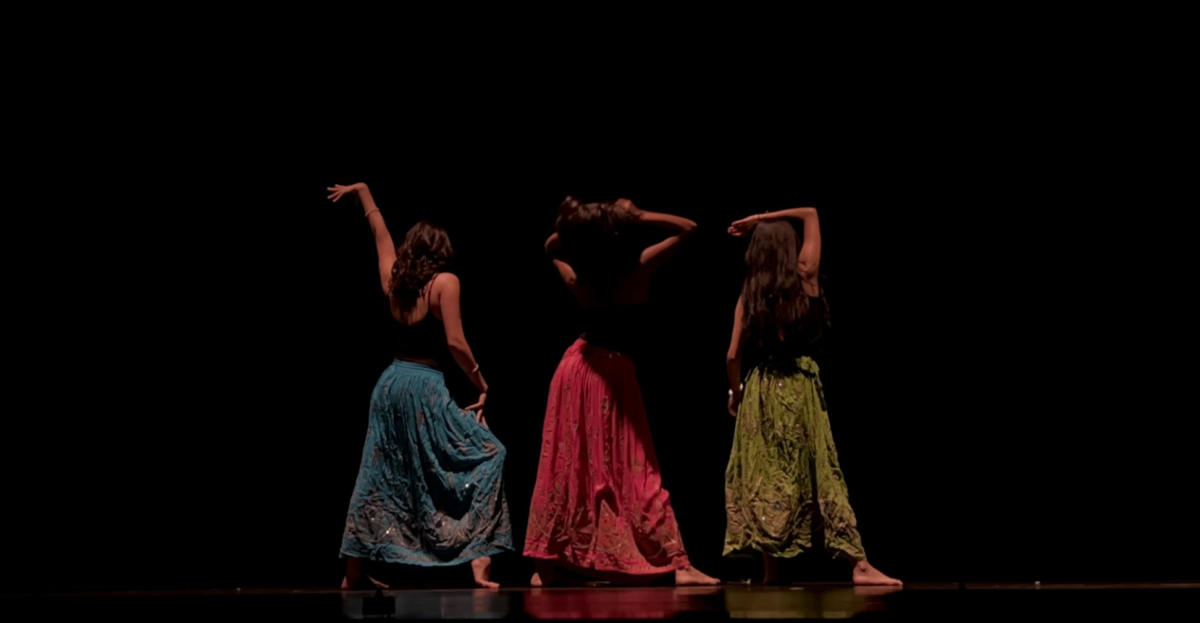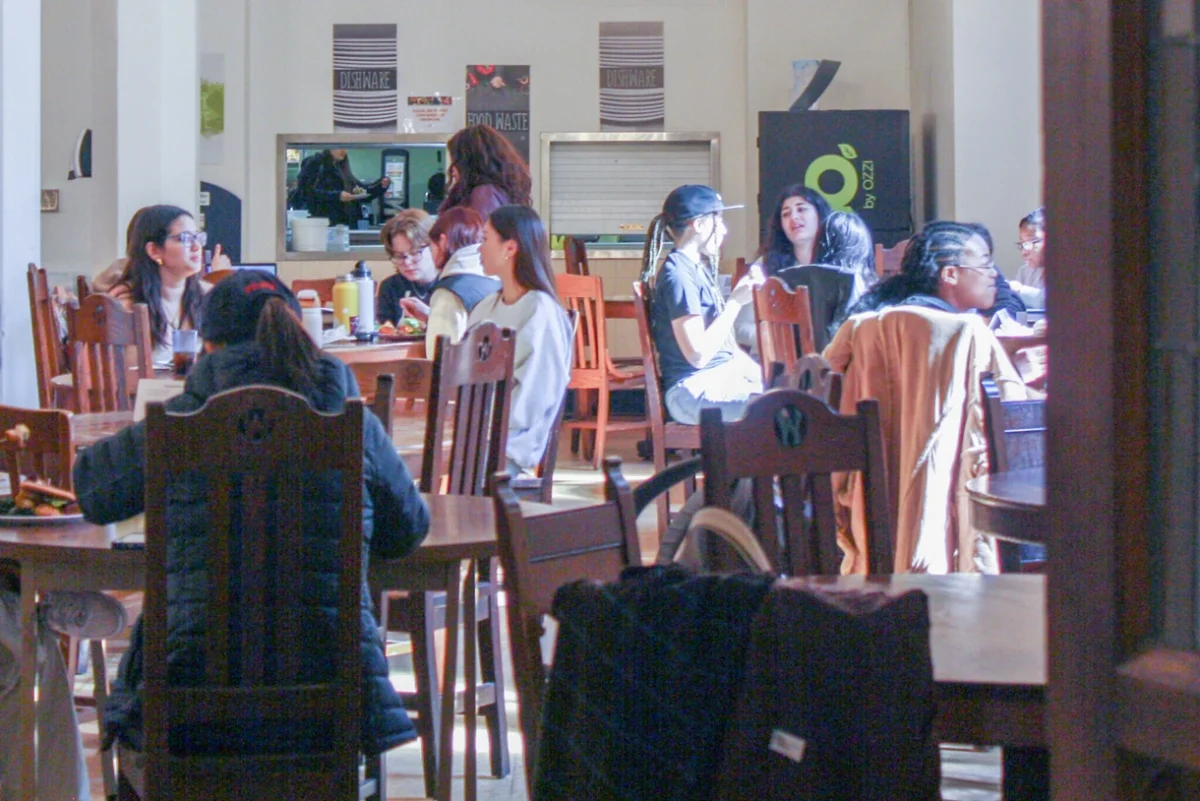By LAUREN TONTI ’14
Features Editor
This past Wednesday, on a frigid February evening, Wellesley students warmed themselves in Tower Great Hall with fond recollections of the Wellesley of yesteryears. Wellesley alumnae Bonnie Leonard ’59, Elaine Wu ’67, Elizabeth Atkin ’78 and Colleen Richards Powell ’95 were guest panelists at Wellesley’s Memories Night, hosted by the Wellesley College Alumnae Association. The panel, moderated by Adjoa Boateng ’14, celebrated memorable moments as panelists imparted some distinctly-Wellesley words of wisdom. Surrounded by an audience of current students chuckling over shared experiences, the alumnae shared stories of sex, drugs and Wendy Wellesley over the course of the evening. However, when these stories are considered within the context of their times, the radical differences reflect how Wellesley itself has changed over the years.
Love
Leonard, who graduated with a degree in geology in 1959, spoke of the “Silent Generation” at Wellesley. She recalled, amid many chuckles of disbelief, the guest policy at Wellesley during her time as a student. Students were permitted to have male guests in their rooms on Sundays between 2 and 4 p.m., but only with the door cracked and four feet on the floor at all times. To leave campus, students had to sign out and return before midnight. While there were weekend passes available, they were limited and rationed.
“It was just a very different world,” Leonard said. “Our goals as seniors, and this isn’t everyone, but the majority, was [to have] an engagement ring by Halloween, and marriage within a year of commencement.”
While it may be hard to believe now, these alumnae swear that boys used to frequent Wellesley’s campus. “I don’t think I ever had any less than one boyfriend at a time,” Wu said.
“Guys just poured out to Wellesley,” according to Leonard. “Back in those days, If you wanted a date, you had one.” This is in stark contrast to the current male-to-female ratio on the Senate bus.
Fast forward to 1978, when everyone was singing “Freebird” and shirking the rules.
“There wasn’t anything to break, I could do whatever I wanted,” Atkin, a Tau Zeta Epsilon alumna, said. “When I attended Wellesley, the drinking age was 18 because we had just come out of the Vietnam War, and if you’re old enough to fight you’re old enough to have a drink.”
Atkin recalled times when males from other campuses visited Wellesley. “At one TZE party, Dartmouth was in town. Somehow these Dartmouth guys floated up to the rafters, and they were dancing up in the rafters. It was totally wild. Next there were bodies all over the grass. It was a memorable experience.”
The old policies, including strict visitation hours, had been stored away to gather dust in the archives. Women had different ideals in this era, which Atkin referred to as the dawn of women’s liberation. “My husband had to wait to marry me until I was finished with graduate school. People were very much looking for what they were going to do next after Wellesley.”
This was the trend that persisted through the 90s, when relationships were kept on a rotation between nearby college campuses. “I’m certain I broke a horizontal-vertical rule,” Richards Powell said, referencing the current version of Wellesley’s guest policy. (This caused some confusion among older alumnae, who assumed the rule referred to a more risque horizontal-vertical arrangement.)
Current campus rules permit guests to move horizontally on a floor, but they must be accompanied by their student host to travel between floors. Guests are allowed to stay overnight, with the roommate’s consent, for three consecutive days. Richards Powell also remarked that Wellesley students would vet a love interest by “comparing notes” with other Wellesley students, “running the numbers” and checking if a relationship was a “good investment to make.”
Drugs
Wu noted that her Wellesley class was quite “sheltered” and “out of it,” even amid the Civil Rights movement and advent of the Vietnam War. She was shocked when she moved out to California for medical school at Stanford, where she encountered Berkeley students who had protest running through their veins. Wu said that at one point, another medical student asked her to “blow some grass,” and she immediately thought he was asking if she wanted to blow lawn clippings off the palms of their hands. When she told the audience about the moment she realized the student was referring to marijuana, she looked aghast, reflecting how she felt at the time. “I was so protected,” she said.
Wendy Wellesley
Yet, similarities run through generations of Wellesley students, and one common thread is Wendy Wellesley. “She might look a million different ways, but she did the same stuff. She got straight As, went to the sports center three times a week, she was dating somebody and she was the president of three to five organizations,” Richards Powell said. She went on to describe how difficult it was to find someone who was completely uninvolved at Wellesley during her time here. “Wendy needs to graduate,” Richards Powell concluded, adding that even in her day, “people would just feel so pressured to live up to some invisible ideal.”
The alumnae also touched upon the College’s apparently well-established penchant for controversy, alluding to the media buzz surrounding Tony Matelli’s “Sleepwalker.”
“At Wellesley, a small suburban women’s college that’s really an insular campus, anything can become a controversy,” Richards Powell said. “Everyone is so outspoken. You are expected to have an opinion.”
Leaving Wellesley is like being the the fish who left her small pond for a much bigger lake, and these alumnae confirmed that Wellesley prepares students to do just that. When asked about their regrets, they all wished they had taken greater advantage of the opportunities of a liberal arts education by taking more courses outside their respective departments. They wished they had walked around the lake more often, and that they had visited friends that lived across campus more frequently. Because as time goes by, they said, life gets more complicated, and people scatter. It’s not as easy to walk across the country as it is to cross Severance Green. Richards Powell affirmed that the relationships founded and built on this campus are truly incredible and practically infallible.
The panel ended on a poignant note when a student asked the panel to impart one final piece of wisdom during the question-and-answer portion of the event. The advice on which they agreed? Discovering yourself is a worthy journey, but don’t feel the pressure to have it all figured out by the time you leave Wellesley.




